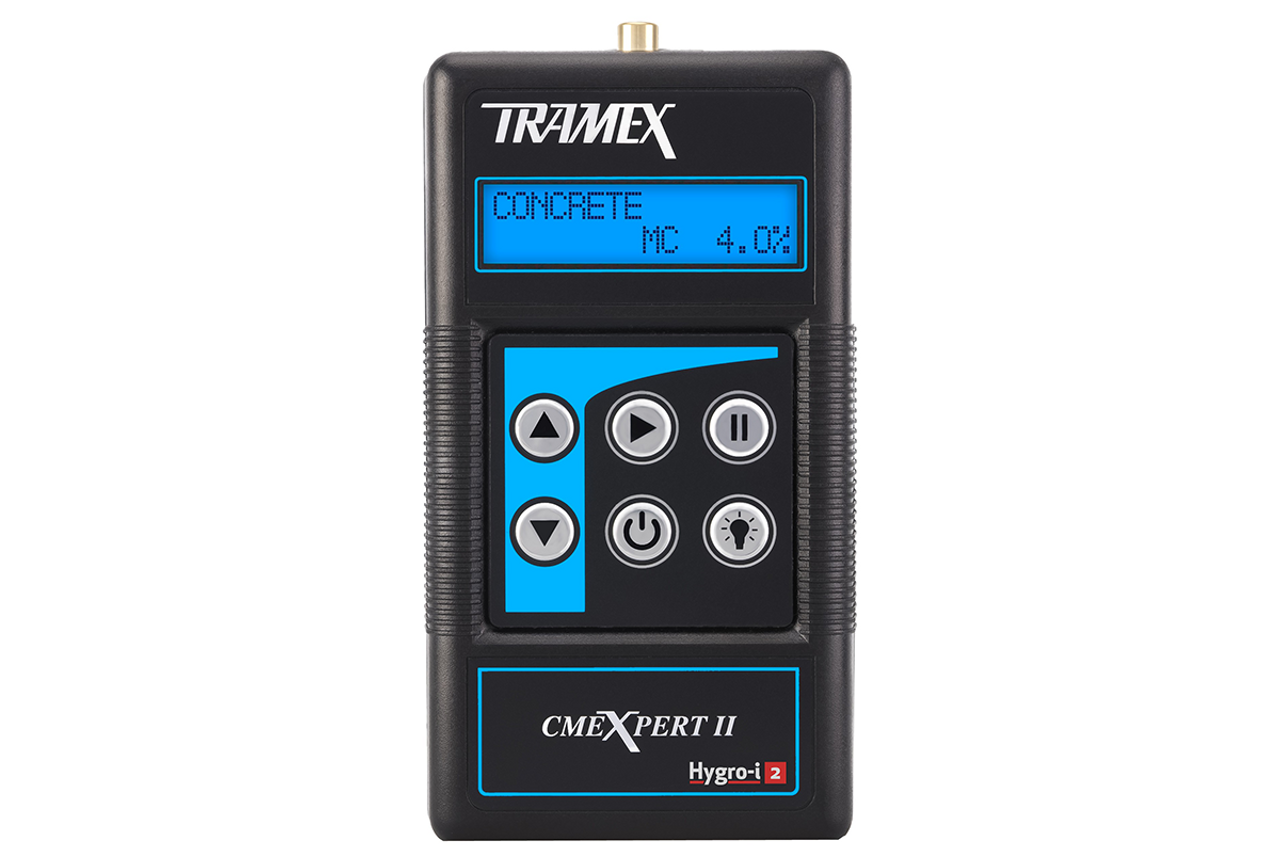Moisture Meter Acquiring Guide: What to Seek in High-Quality Instruments
Moisture Meter Acquiring Guide: What to Seek in High-Quality Instruments
Blog Article
The Ultimate Guide to Dampness Meters: A Comprehensive Introduction and Exactly How They Can Conserve You Money
In the realm of building maintenance, construction, and various sectors, the significance of precisely determining moisture levels can not be overemphasized. Moisture meters function as essential devices in discovering and keeping track of moisture content in products, helping in preventing costly damages and making sure the quality of items. Recognizing the nuances of various kinds of moisture meters, their applications, and the prospective cost-saving advantages they offer can be a game-changer for companies and experts alike. Discovering exactly how these gadgets can not only simplify procedures yet also add to monetary savings is a trip worth starting.
Sorts Of Wetness Meters
One common type is the pin-type wetness meter, which measures the electrical resistance between 2 pins put into a product. Pinless dampness meters, on the various other hand, use electromagnetic sensing unit plates to check a bigger location without triggering damage to the material's surface area.

In addition, there are likewise specialized dampness meters made for particular products like hay, dirt, or grain. These meters provide accurate dampness readings tailored to the unique properties of the product being evaluated. Infrared moisture meters measure the thermal homes of a product to establish its dampness web content non-invasively, making them valuable for applications where pin or pinless meters may not appropriate. Understanding the various kinds of moisture meters readily available can aid sectors pick the most proper device for their certain wetness measurement needs.

Advantages of Making Use Of Moisture Meters
Dampness meters use invaluable advantages in accurately assessing and checking moisture degrees in varied products and atmospheres (Moisture Meter). One of the primary advantages of making use of moisture meters is the avoidance of potential damages brought on by excess wetness. By detecting and resolving high dampness levels at an early stage, dampness meters assist to stop mold and mildew growth, rot, and structural damages in structures, conserving both money and time on repair services. In addition, wetness meters help in guaranteeing the top quality of products during building and construction or manufacturing processes. By properly gauging moisture web content, these devices assist maintain the honesty of wood, drywall, concrete, and various other materials, decreasing the danger of problems or failures.
Moreover, making use of moisture meters can lead to increased power efficiency. By determining areas with high moisture degrees, such as leakages or bad insulation, changes can be made to enhance power conservation and reduce utility expenses. In agricultural setups, wetness meters play a crucial function in maximizing plant yields by enabling farmers to keep an eye on soil moisture degrees and make educated irrigation decisions. get redirected here In general, the advantages of making use of dampness meters extend across various industries, giving economical remedies and promoting much better quality assurance methods.
Just How to Choose the Right Wetness Meter
When picking a moisture meter, it's crucial to make certain that the meter is ideal for the details product you will certainly be screening. Various materials have varying electric properties that can impact moisture analyses, so selecting a meter developed for your product is vital for accurate results. By carefully reviewing these elements, you can choose a dampness meter that satisfies your needs and offers exact moisture measurements for your jobs.
Correct Techniques for Wetness Meter Usage

Expense Cost Savings Via Moisture Meter Applications
Exactly straight from the source how can the strategic utilization of wetness meters lead to significant cost savings throughout numerous industries? In the agriculture market, wetness meters aid in establishing the optimal time for gathering crops, stopping excess or over-drying moisture that can affect the last product's quality.
Likewise, in building, dampness meters assist avoid expensive problems by spotting wetness degrees in structure products, such as wood or concrete, which can lead to structural problems if not addressed quickly. By determining problem locations early on, contractors can take rehabilitative steps to avoid substantial repair services or replacements, eventually conserving money and time.
Moreover, in the food processing industry, wetness meters are important for checking product high quality and guaranteeing conformity with safety policies. By accurately measuring dampness material in food, producers can protect against wasting, keep quality, and minimize waste, causing considerable cost savings. In general, the critical application of wetness meters is an important financial investment that can result in significant expense reductions and improved effectiveness across numerous industries.
Conclusion
In conclusion, dampness meters are important tools for measuring and identifying wetness levels in various products. By using the best moisture meter and adhering to appropriate techniques, customers can efficiently avoid costly problems caused by excess wetness.
Wetness meters offer as vital devices this in discovering and checking moisture material in products, assisting in preventing expensive damages and making sure the quality of products. Infrared dampness meters gauge the thermal homes of a material to establish its dampness content non-invasively, making them helpful for applications where pin or pinless meters may not be appropriate.Wetness meters provide important benefits in properly assessing and keeping an eye on wetness degrees in diverse materials and settings. In farming settings, moisture meters play a vital duty in enhancing crop yields by allowing farmers to check dirt wetness levels and make notified watering choices.In conclusion, dampness meters are useful devices for spotting and measuring moisture levels in different materials.
Report this page